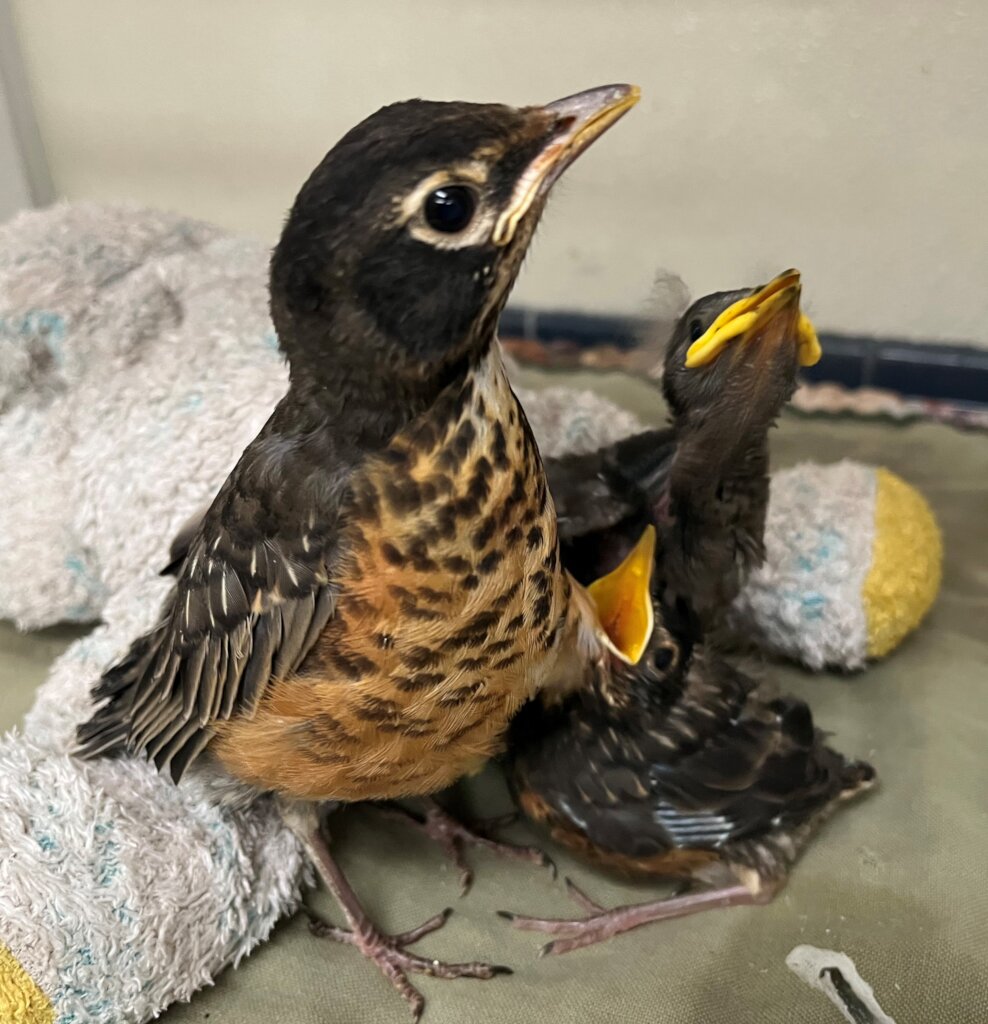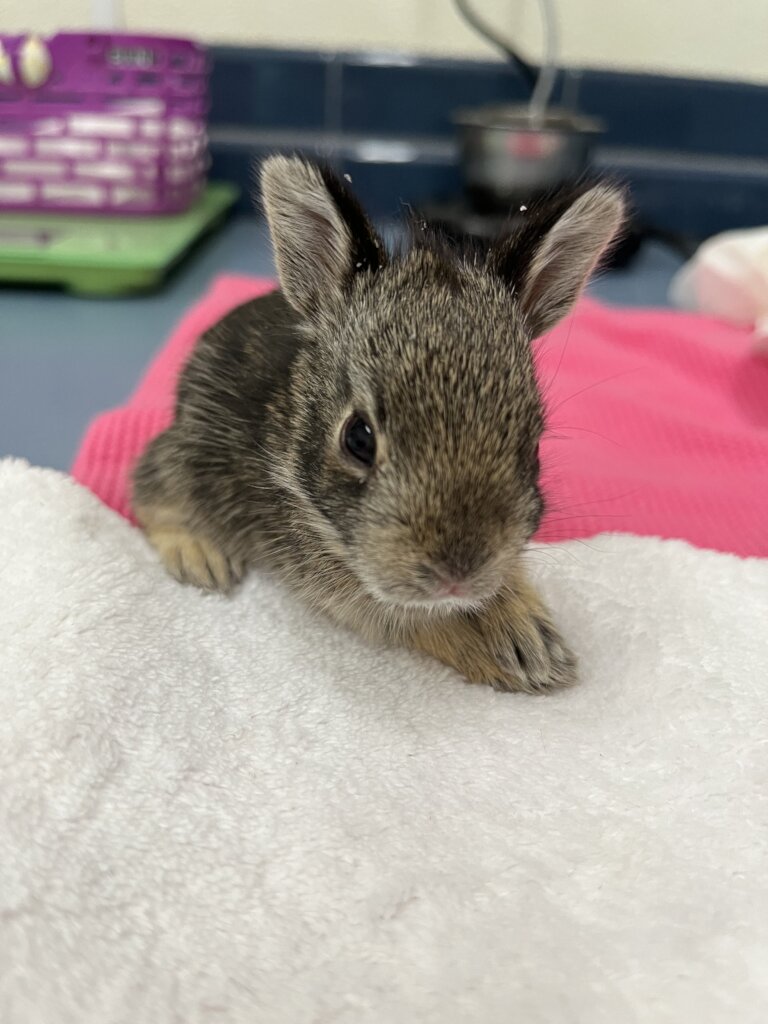By Yvonne Wallace Blane | Co-founder, Fellow Mortals
It's New Year's Eve, and it's time to start organizing for the reports that are due next year.
The days rushed past, always full, sometimes hard, but never without reward because our work is all about making things better for wildlife and the people who find them in need of care.
We work with the best people in the world. We meet over 1000 new people every year when they come to the hospital for help. We are in near daily contact with other community organizations during the busiest time of the year.
All of us are concerned about just one thing -- getting help for the animal that we're working with in that moment.
Imagine there is a place where nearly 100 calls come in every 24 hours, and in every single instance the person calling is compassionate and kind, and wants to know what they can do to help the injured or orphaned wild creature they have found.
That's Fellow Mortals.
We're here because we're needed and we're so grateful that we can meet that need, because of your gifts.
Every animal has a story, and every finder has a story about the animal.
In 2022, we heard another 2000 stories about animals that ultimately received life-saving and compassionate care.
And that's 2000 reasons why I wanted to write to you tonight.
Thank you for making our work possible.
May all you give return to you in abundance in the New Year!
By Yvonne Wallace Blane | Co-founder, Fellow Mortals
By Yvonne Wallace Blane | Co-founder, Fellow Mortals
Project reports on GlobalGiving are posted directly to globalgiving.org by Project Leaders as they are completed, generally every 3-4 months. To protect the integrity of these documents, GlobalGiving does not alter them; therefore you may find some language or formatting issues.
If you donate to this project or have donated to this project, you can receive an email when this project posts a report. You can also subscribe for reports without donating.
Support this important cause by creating a personalized fundraising page.
Start a Fundraiser
